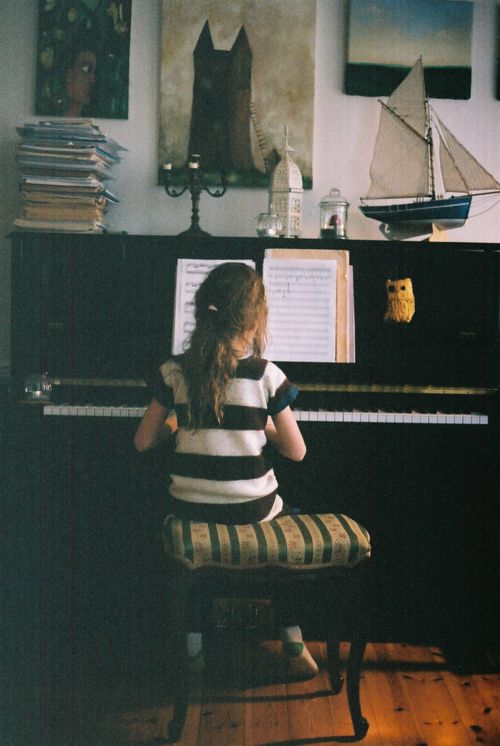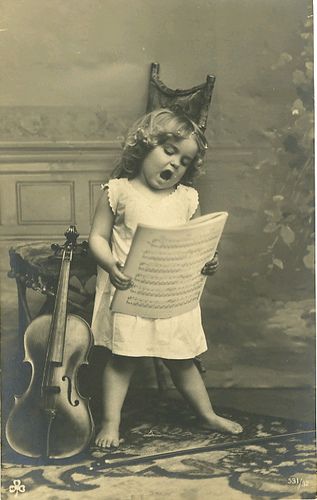I’m a music teacher, but I’m not only a music teacher. My teaching methods serve my students in more than just music. I encourage my students’ autodidactic skills; they learn how to teach themselves. These skills are massively empowering and can be utilized all throughout life. Here are a few of the ways I do it:
See What You Can Figure Out
When my piano students start a new song, I say, “See what you can figure out on your own for a few minutes, then you can ask any questions you want.”
Students get time to notice all the things they recognize, and figure out for themselves how it all fits together
I get to observe the student’s natural deductive process and I learn more about how their mind works
I can help the student refine their own learning process so that the next song will be even easier and faster, and they will be able to take on more complicated pieces
What Do You Think
After a singer finishes singing a song or exercise, I ask “What did you think?” before giving my feedback.
This builds their self-assessment skills. A singer needs the ability to observe their own opinions.
It helps them run experiments. For example, if a student says “I love the way it sounded, but my neck felt tense.” I say, “Great! Do you have any ideas for ways to relax the neck without sacrificing tone?” If they have ideas, we try them out and learn. Otherwise, I have the opportunity to teach a new aspect of vocal technique.
Small Assignments
I give my students small assignments- assignment being the thing they “have” to practice- then I give suggestions for things they can do if they get bored.
Many of my colleagues give large assignments every week, claiming that it’s important for the student to realize that they’re capable of more than they think. While I totally agree about the importance of learning your capabilities, I think this method has more flaws than benefits in the long term.
Small assignments are way more attainable and sustainable. It promotes progress and commitment without adding stress to the student’s home life.
Small assignments leave enough time for students to explore their own musical interests
Practice, Then Play
I always tell my students to practice first, get it out of the way, then play the instrument all they want! It has been amazing to see what kinds of wonderful things students have done with their post-practice musical time.
A piano student taught himself 6 songs every week, even though I only ever assigned one. I’ve never had a student that progressed faster, and his parents claimed they’d never once reminded him to practice. He told me he just loved playing piano.
A young student would play around with the family guitar after practicing piano. Her family saw her interest, and she decided to start taking guitar lessons also.
A voice student started writing songs after practicing. Her original songs were so good, we started recording them during her lessons. Last month she submitted two of those recordings with one of her college applications.
I believe
when students have a method for learning new music and can self-assess, run experiments, stay curious, and practice sustainability, they are autodidacts. Then they can take these same skills into their job, health, or any other area of life where they want to thrive.



